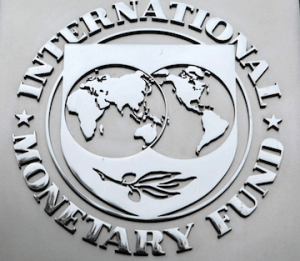Africa is still rising – IMF
 The International Monetary Fund (IMF), says Sub-Saharan Africa has bright prospects for growth in spite of persistent slowdown in growth owing to the slump in commodity prices and a more difficult global environment.
The International Monetary Fund (IMF), says Sub-Saharan Africa has bright prospects for growth in spite of persistent slowdown in growth owing to the slump in commodity prices and a more difficult global environment.
While there have been quite significant slowdown in some countries in sub-Saharan Africa, especially in resource-intensive countries, including Ghana, non-resource-intensive countries like Kenya, Senegal and Cote d’Ivoire have been able to maintain growth.
Ms Natalia Koliadina, IMF Resident Representative for Ghana, who briefed members of the Institute of Financial and Economic Journalists on the IMF’s April 2016 Regional Economic Outlook for Sub-Saharan Africa, said there is the need for countries in the region to diversify their economies to minimise shocks from slumps in commodity prices.
This, she noted, would require policy as well as structural reforms, building of infrastructure and skills upgrade for its workforce.
She added that it is also important for countries to insulate themselves against the effects of commodity price slumps by building up buffers when the prices are high.
The report noted that while dependency on natural resources had in the past supported the growth of these countries, it had also made them vulnerable to declines in commodity prices, with strong macroeconomic downturns and the most vulnerable are the region’s oil exporters.
The report also encouraged boosting the private sector business activity in the region to drive its economies by putting in place enabling policies for businesses, especially small businesses and building the requisite infrastructure and environment for businesses to thrive.
The report expressed the need for a major policy reset by authorities in the region to address the risks to the outlook although it recognises that policies in the region had improved quite significantly in the last decade.
The IMF has also expressed its readiness to engage more with the media in Ghana in order to engender increased understanding of the Fund’s work in member-states and its role in programme implementation.
Ms Koliadina said the building of trust and confidence are essential aspects of its work.
Source: GNA
